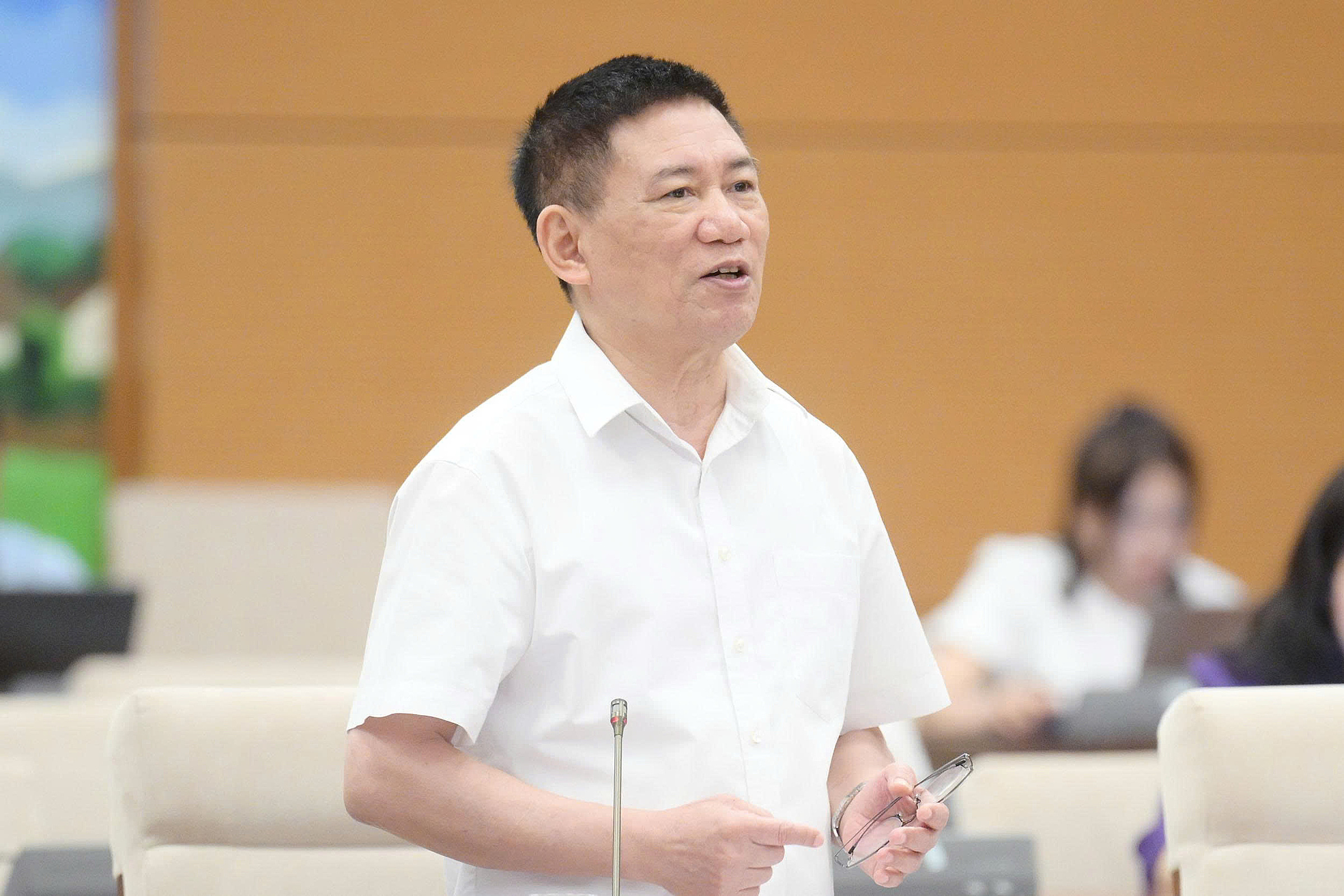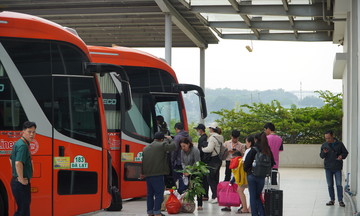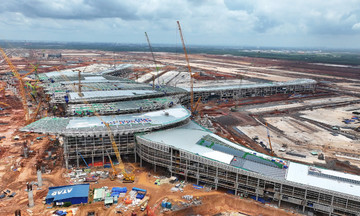At a National Assembly Standing Committee meeting on July 10th regarding the results of specialized monitoring of high-quality human resource development, deputy prime minister Ho Duc Phoc emphasized the need for a special mechanism for talent, especially in the public sector. This includes payroll, income, utilization, and promotion policies.
According to Phoc, the government will identify key areas for prioritized training, such as semiconductors, high technology, renewable energy, artificial intelligence, and information technology. Promising young people will be sent abroad for education by the state and will return to serve the country.
The deputy prime minister also proposed establishing a fund for training and attracting talent with contributions from both the state budget and social resources. Businesses and organizations could fund scholarships and training support, coupled with transparent evaluation and utilization mechanisms.
"The state cannot handle everything. Many countries have mobilized businesses and philanthropists to sponsor excellent students to study abroad so the country has high-quality human resources," Phoc explained.
 |
Deputy prime minister Ho Duc Phoc speaks at the meeting. Photo: National Assembly Portal |
Deputy prime minister Ho Duc Phoc speaks at the meeting. Photo: National Assembly Portal
Phoc pointed out a current shortcoming: existing legal documents do not clearly define high-quality human resources or establish evaluation criteria based on degrees or practical skills. This concept needs clarification to develop appropriate solutions, creating a foundation for specific policies and long-term strategies for human resource development.
Previously, the National Assembly's Supervisory Delegation recommended that the government develop a national human resource development strategy. This strategy should select key areas for focused investment and finalize a plan for job positions after organizational restructuring. It should be linked with talent attraction policies and apply international standards in recruitment.
Prioritizing high technology, limiting processing-based investment
In its report on the monitoring of high-quality human resource development, the National Assembly's Supervisory Delegation recommended that the government adjust investment attraction policies to prioritize high-tech projects. These projects should be linked to the employment of highly skilled workers and commitments to technology transfer. Labor-intensive, purely processing-based investment models should be limited.
According to Nguyen Dac Vinh, chairman of the Culture and Society Committee, Vietnam currently has nearly 47.3 million workers outside the state sector, accounting for over 89% of the workforce. However, the country faces a potential shortage of leading experts and chief engineers in key areas like artificial intelligence, semiconductors, science and technology, and national defense and security.
"Vietnam cannot develop sustainably based solely on the advantage of cheap labor. It needs to shift towards a knowledge-based and innovative economy," Vinh emphasized.
The Supervisory Delegation proposed that the government promptly issue a Human Resource Development Strategy to 2030 with a vision to 2050. This strategy should clearly define priority training areas and the allocation of high-quality human resources by region. They also recommended amending relevant laws to create a legal framework for developing a team of experts to serve the country's industrialization and modernization goals.
National Assembly vice chairman Nguyen Duc Hai suggested that the government focus on addressing the shortage of highly qualified personnel, especially in sectors requiring breakthroughs. He also stressed the importance of ensuring balanced allocation, improving labor productivity, and effectively utilizing talent.
Son Ha












